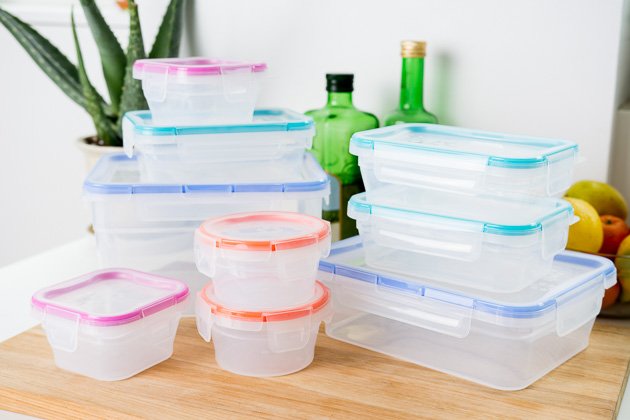

If successful, ugly-produce companies could help with the vanishingly thin margins faced by smaller-scale growers and expand access to fresh food. Read: Why Americans lead the world in food waste Companies like Misfits Market, Imperfect Produce, and Hungry Harvest aim to fill the logistical gaps and provide new markets for growers by buying up farmers’ “ugly” or excess produce and shipping it directly to your doorstep, often by subscription. To combat that, a new class of for-profit start-ups has emerged: ugly-produce boxes. By some estimations, it’s more than half. One of the most popularly cited problems is the amount of produce that goes entirely unconsumed in the developed world. Younger, socially conscious Americans and their concerns about sustainability have turned some unflattering attention toward the food industry. That I hadn’t thought much about my little carrots meant the system had worked as intended for the type of consumer I am (affluent, urban) and helped obscure the leviathan of the American food-supply chain, which includes everything from commercial growers and processors like Dole and Kraft Heinz down to local farmers’ markets and food banks.īut as shoppers change, so must the systems that serve them.

Since the early 1980s, scores of smaller American agricultural companies have been driven out of business or gobbled up by Big-Ag conglomerates. I’ve never lived in a world that wanted me to think about how the carrots got made.

I’m not sure what I’d believed about them previously: Were they actual babies? Were they a “baby” breed of small adult carrots? I certainly hadn’t understood them to be carrot nuggets, whittled out of big, ugly carrots that many people wouldn’t buy in their natural state. Do you know what baby carrots actually are?įor me, the baby-carrot jig was up a couple years ago.


 0 kommentar(er)
0 kommentar(er)
